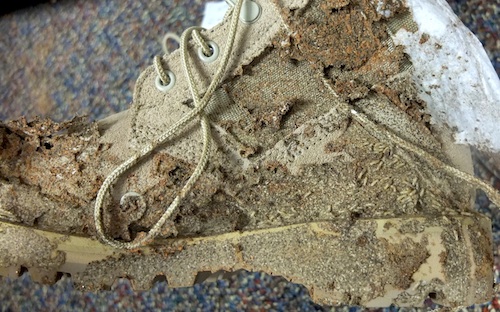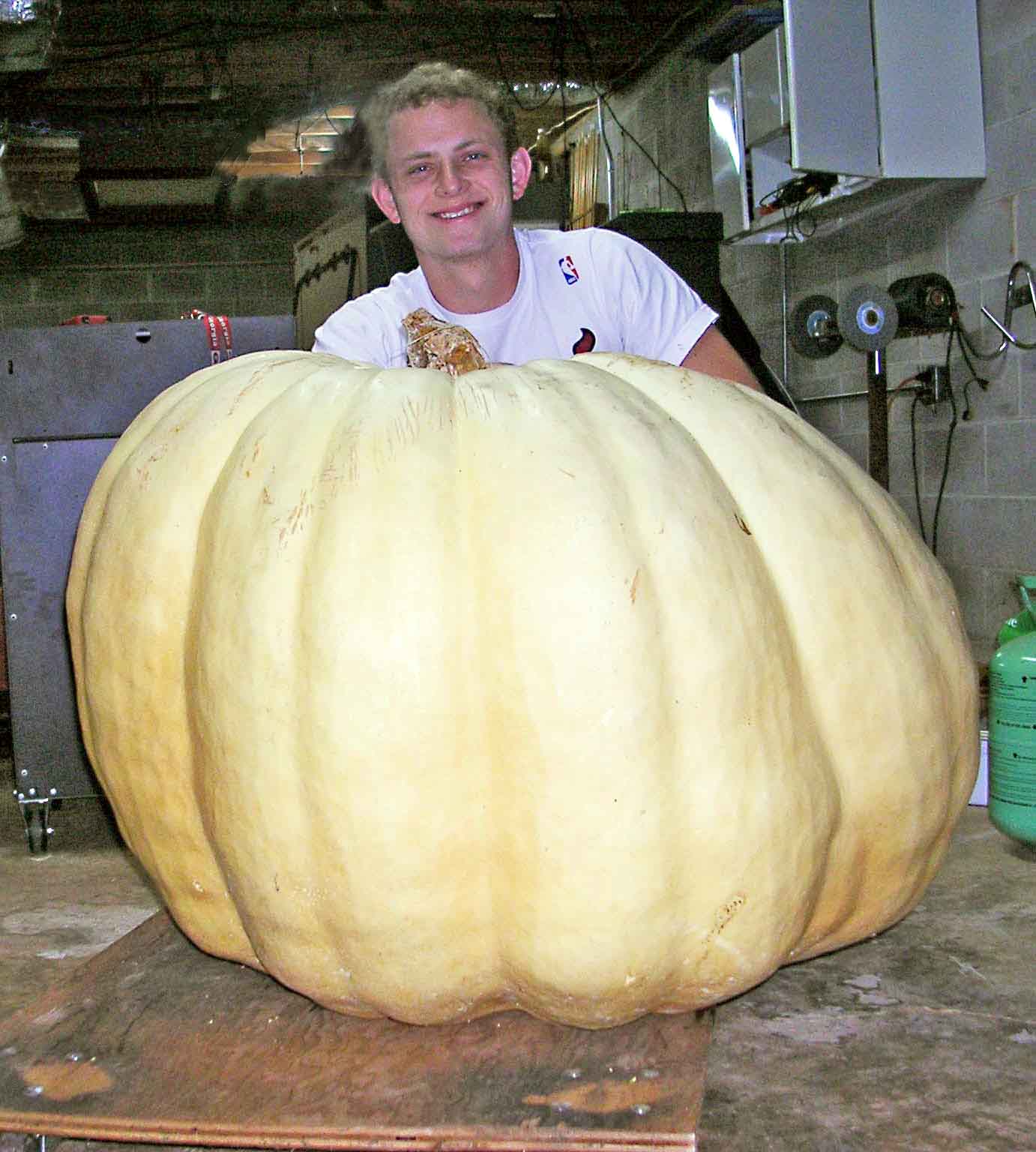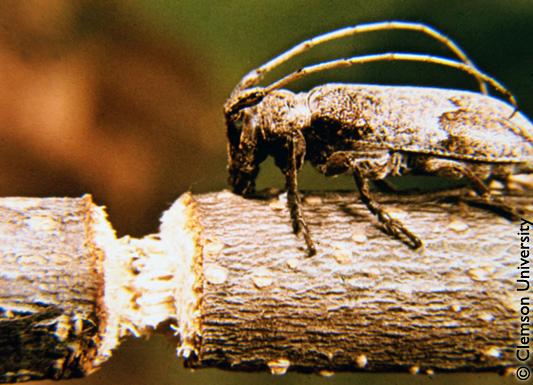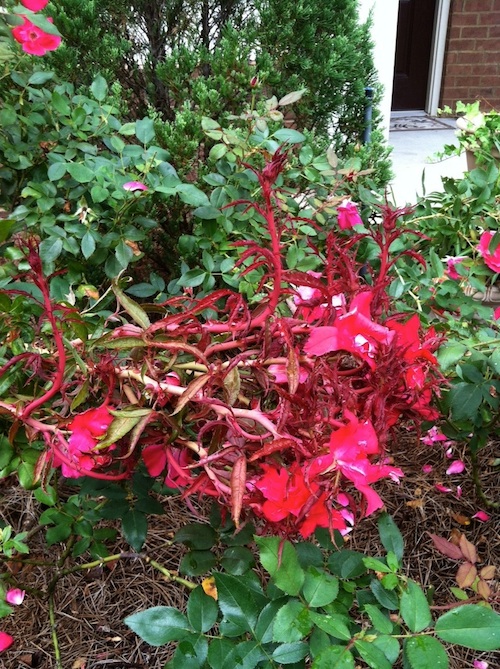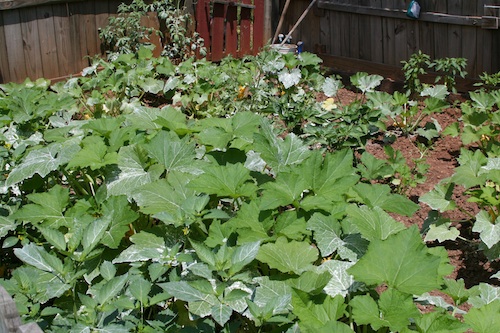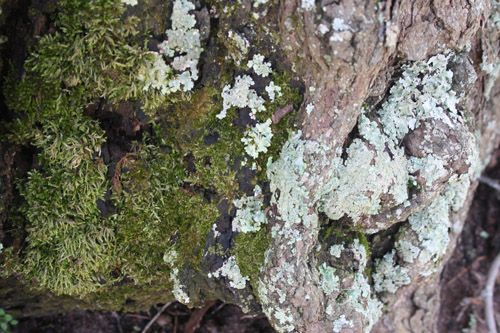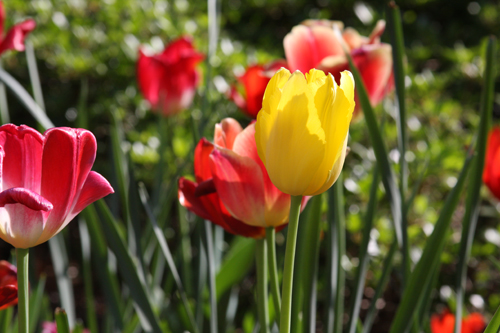 CAES News
CAES News
Spring bulbs
Spring flowering bulbs, such as tulips, daffodils, hyacinths and crocuses, add lots of color and visual enjoyment to early spring flower beds. These bulbs are among the first flowers to appear in spring and signal that cold weather is on the way out and warmer days are just around the corner.

